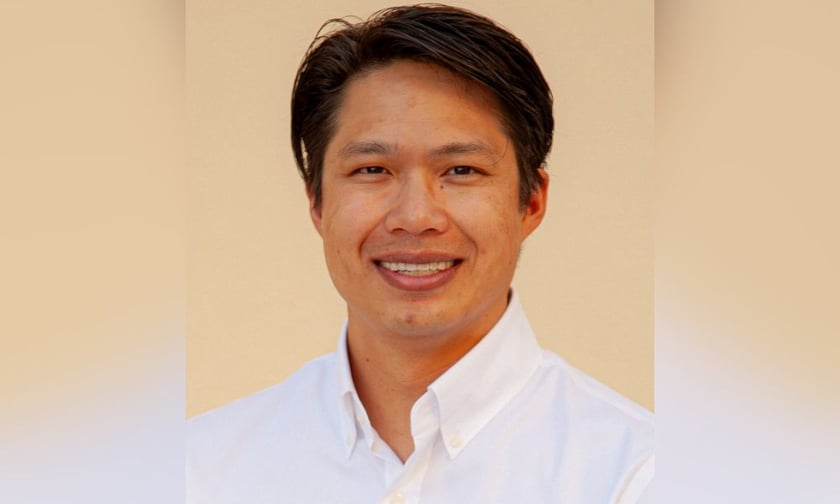

According to the National Interagency Fire Center (NIFC), the US has averaged about 62,805 wildfires per year, burning approximately 7.5 million acres annually over the past decade. With concerns around global warming only rising, so too are relevant, expansive, insurance packages.
Speaking to Insurance Business, Andrew Notohamiprodjo (pictured), head of data science at Delos Insurance Solutions, said that the company is challenging the status quo by harnessing satellite data and a unique blend of expertise in aerospace and environmental science to build more accurate predictive models.
“Our co-founders, Kevin and Shanna, come from the aerospace industry – they’ve built satellites before,” he said. This aerospace expertise is combined with insights from the Spatial Informatics Group (SIG), an environmental think tank that has contributed a deep understanding of ecological data.
“I actually started my career as an environmental scientist and data scientist,” Notohamiprodjo said. “That partnership gives us the environmental and environmental data aspect – a combination of technology, environmental and talent that’s being used to accurately identify an opportunity in how we analyze wildfires.”
Most conventional wildfire risk models rely on historical data and often fail to adapt to changing environmental conditions or account for human factors like fire suppression efforts.
“We take all of this remote sensing—satellite, drone, aerial point sources, and all of the in-betweens,” Notohamiprodjo said. “We put it into our proprietary ensemble, and that is what allows us to create a better underwriting model. There’s too much data, and it’s hard to understand. When it’s hard to understand, you limit yourself to the data that you do understand.”
But Delos’s real edge comes from the team’s ability to integrate a broader range of data.
“The combination of that aerospace industry plus the environmental think tank has allowed us to take in more data than a typical insurance provider can,” Notohamiprodjo said.
Notohamiprodjo outlines key issues with traditional wildfire risk models, saying that a lot of these models have been in place for a very long time, and they are very good, but they were made to solve a different issue. Environmental models typically focus on wildfire behavior, while insurance models need to assess the impact on property and people.
“These models don’t take into consideration the built environment and people’s behavior and suppression. The core technical differences at Delos that allow the insurance model to succeed is that we have a unique combination of talents with machine learning, technology and data science, as well as the expertise of the environmental – understanding the interactions of people and the environment. What firefighters see on the ground, how they choose their suppression targets, we're able to take in much more information at the same time, deploy it in a way that's actually effective – not just a black box but something that represents what happens in reality.”
Delos also takes a proactive approach when engaging with customers in wildfire-prone areas.
“We’re in the business of looking for homeowners that are in wildfire stressed areas, but we’re not looking for actually wildfire exposed homes,” Notohamiprodjo said. Often, homeowners approach Delos after being declined by the admitted insurance market due to wildfire risks.
“About 65% of these homes we actually find are not exposed to wildfire in a meaningful way that we feel very comfortable to underwrite,” he said. However, for the remaining 35%, the risk exceeds Delos’s tolerance levels.
And, when a property is deemed too risky, Delos doesn’t simply turn customers away.
“We make it very explicit on like, hey, this risk is untenable for XYZ reasons,” Notohamiprodjo said. “They say, ‘Hey, we are having difficulty for our entire community securing insurance. Can you give us some insights into what would be a meaningful change, so we can come back to you and get insurance from Delos?’ We’ve even helped communities get resilience grants before.”
For properties with potential for risk mitigation, Delos also provides tailored feedback.
“We have provided some information where it says, ‘Hey, if you actually improve in XYZ areas, that’s going to reduce your risk because of this area,’” Notohamiprodjo said. This approach aims to help homeowners make informed changes that can significantly reduce their exposure to wildfire damage.
“That’s how we prevent people from experiencing the disasters when they do occur,” he said.
